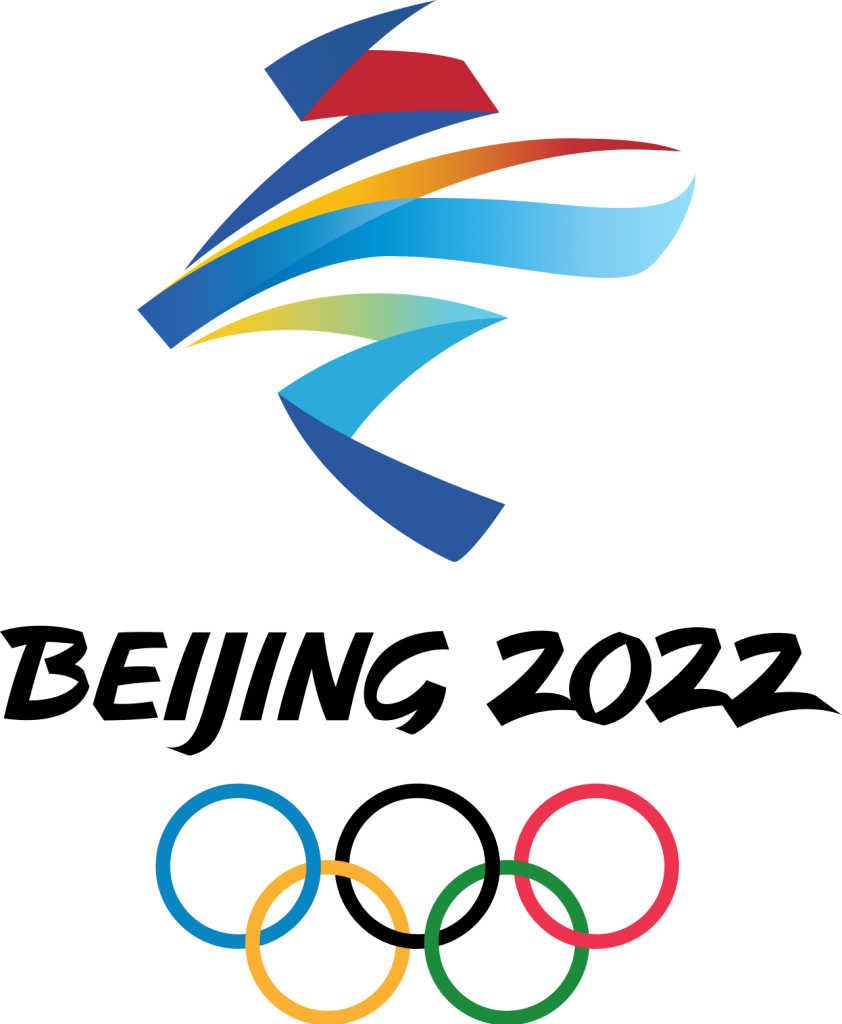Is June 24 going to be a stop for the Bombastic Olympics?
‘The Olympics are too big and too expensive for the western democracies to host,’ argued Chappelet on the Play the Game forum already in 2012. This is a statement we still hear often nowadays. And yes, unfortunately it is true. The International Olympic Committee is struggling to find host cities for the future events because western countries are not willing to host big sporting events any more.
The very recent example of a democratic state that cancelled the party came in November 2018 when Calgary voted against continuing to bid for the 2026 Winter Olympics. There are only two more candidates bidding for these 2026 Games.
Even more sports mega-events are organised outside the western democracies. This is not a surprise, after the emerging states have gained the political and economic power to host these giant happenings. The Olympic Games are not the only ones that have been affected – The FIFA World Cups are moving away as well.
The 2014 Olympics in Sochi, 2016 in Rio de Janeiro, 2022 in Beijing. The 2018 FIFA World Cup in Russia and the 2022 in Qatar. Just to mention a few.
To understand what is happening we have to go a way back to the past. The Olympic Movement was established in 1896 and it was also the time when the whole sport started to organise. All the big sports organisations were founded at this time.
From those days, sports mega-events have grown dramatically and today, these capture an enormous and worldwide media attention. The emerging states want to utilise this visibility. Through the media attention, they use sport as a political weapon to re-brand their state’s image. During the events these hosts are the centre of the attention for more than a half of the world’s population and it is a perfect momentum for the countries to showcase their state.
The rising countries want to demonstrate their power and ability to organise these bombastic events. This phenomenon is called soft power and it is the main reason for developing countries to organise sports events. At the same time, western countries are losing their interest towards these events.
This mix of sports and politics is not new. It is even said that the very first instinct of the Olympics was political. All the way from the beginning to these days, politics have been a part of the Olympic Movement.
China is a good example of a heavy user of politics to achieve other objectives. Already in 1950s, China started to use sports to achieve political goals, and it hasn’t stopped yet. For instance, in the 1970s, China used sport to brand the state as a so-called ping-pong diplomacy. Back then, sport was a bilateral diplomatic tool, but nowadays events attract global attention through the globalised media. China has invested enormously not only into hosting mega- events but into sporting performance as well. Right at this moment, China is training its future skiing stars in northern Finland, in order to prepare them to be set for the 2022 home Games.
Why is the June 24th so important for the future of the Olympic movement? On that day, the International Olympic Committee will choose the host for the 2026 Winter Games.
There are only two candidates left in the bidding game: Sweden and Italy.
No matter which of these two countries will win, there will be a huge revolution in the world of sport: the price tag for these two bids is only a scarcity of the past Games. The budget of possible Swedish Games would be ‘only’ $1,4 billion. Actually, you can leave those quotation marks out when you check the budgets for a few previous Games. Just as a comparison, the budget for the Sochi 2014 Games was $51 billion.
What has happened? The International Olympic Committee started to fear that the western countries would lose their interest in organising and financing these Games in case those are way too big and way too expensive to host. Also, the shift to the emerging and non-democratic states has decreased the western countries’ willingness to host these parties. The IOC was forced to launch Agenda 2020.
‘Olympic Agenda 2020 is the strategic roadmap for the future of the Olympic Movement,’ argues the IOC. And adds that ‘changes to the candidature procedure, with a new philosophy to invite potential candidate cities to present a project that fits their sporting, economic, social and environmental long-term planning needs.’ The aim is to reduce costs especially for bidding.
Before one of these two democratic candidates, either Sweden or Italy, can set the level for a new normal, we’ll see at least two pretentious events, in terms of money: The Winter Olympics in Beijing in 2022 followed by the FIFA World Cup later the same year to be hosted in Qatar with an estimated budget of $200 billion.
The IOC has been involved in several crises of trust and Agenda 2020 is a million-pound chance for the organisation to clean its reputation and bring back the positive status for the Olympics that they deserve.
